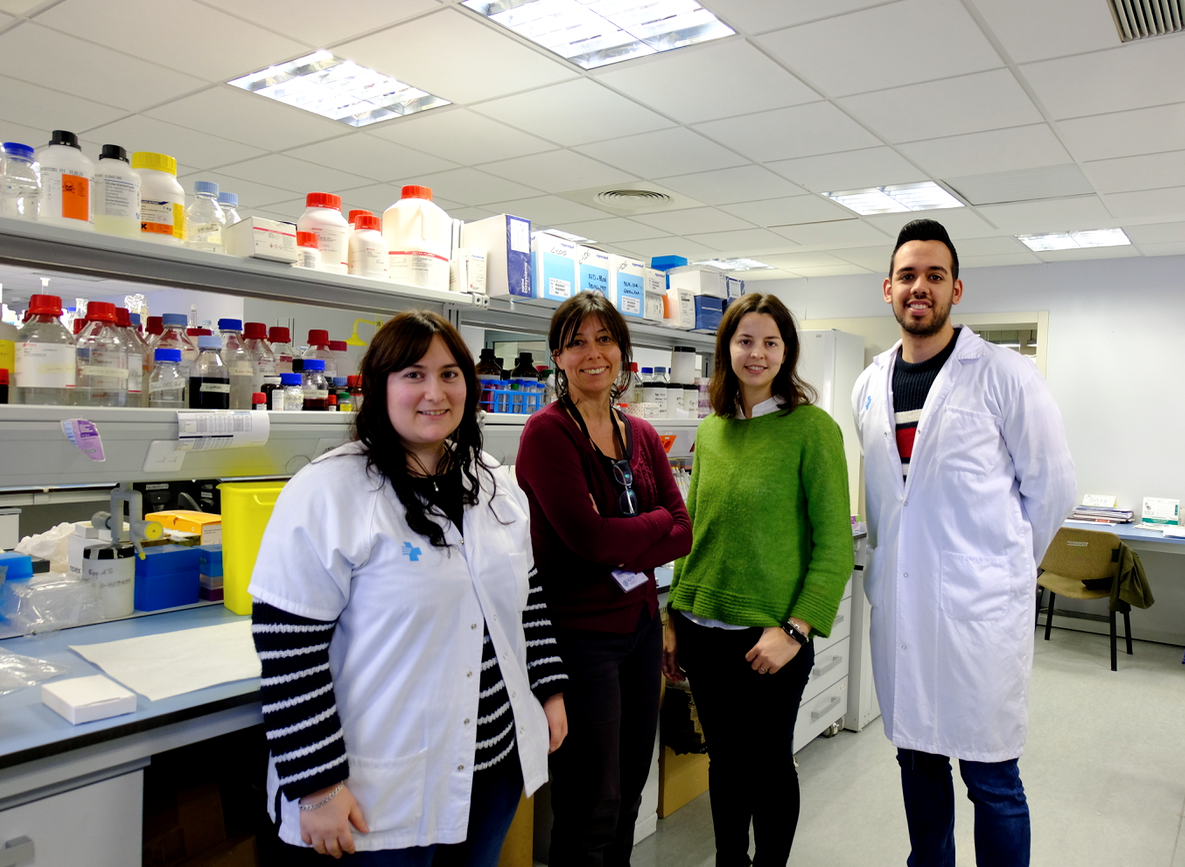The IGTP leads the biological and pathological studies in an international clinical trial focused on child and adolescent liver tumours

- It is the first and largest international clinical trial ever in this type of patients
- IGTP researchers coordinate what is going to be a unique collection in Europe of biological samples for this segment of patients, and will lead the posterior studies
- Liver cancer in children is classified as a rare diseases and, in Spain, 15 cases are diagnoses every year
The Childhood Liver Oncology (c-LOG) research group at the Germans Trias i Pujol Research Institute (IGTP), lead by Dr. Carolina Armengol, centralizes the collection of samples and coordinates the biological and pathological studies of paediatric liver cancer patients in Europe, included in an international clinical trial. The trial is called PHITT (Paediatric Hepatic International Tumour Trial) and it is the first and largest ever performed in this population, also the first in an international scale, with the participation of European countries, the United States and Japan. It is included within the ChilTERN European project.
Doctor Armengol's research group is the only one in Spain dedicated entirely to translational research in paediatric liver cancer, a disease that, with only 15 cases diagnosed per year in Spain, it is considered a rare disease. IGTP is a participant in this project in context of the ChilTERN European project, funded by the European Community via a H2020 grant. The clinical trial started this past November in Europe and Spain is the third country to join, starting December. In the following months a total of 13 countries will join.
One of the first aims of the projects is to establish the first European collection of biological samples (blood, tissue, urin) of this type of cancer, the 'Childhood Liver Cancer Network' (CLCN). Being a rare disease, the international extension of the collection is crucial to be able to study the disease. "The low incidence of paediatric hepatic cancer makes it necessary to join efforts at all levels", explains Dr. Armengol, "the project will allow us to access a largest and broadest number of samples, including some kind of aggressive cancers which we have very little knowledge of".
For the sample collection, Armengol's group has designed the CLCN collection kits that are going to be distributed to the more than 140 European hospitals participating in the study, 15 in Spain. "We hope to collect samples of more than 70% of the patients included in the clinical trial, from the 13 countries involved". She talks about the previous experience in Spain, "since 2009 we have set a solid network with the main paediatric hospitals and their oncologists, surgeons and paediatric pathologists in order to collect biological samples of their patients, and we are now collecting samples of almost all the diagnosed patients in Spain. With this project we are bringing our experience in a European level".
The CLCN collection is the foundation for the following biological studies lead by Dr. Armengol, coordinating 9 centres and research groups all over Europe. The aim is to identify novel diagnostic and prognostic biomarkers, with the use of omics techniques and mass sequencing, as well as the pathological studies. "The goal is to be able to improve the way we clinically handle this patients and, as a consequence, improve their quality of life and survival".
In the clinical side, the important of this sample collection, together with the posterior studies, is the "chance to correlate for the first time, and in a retrospective manner, data about the pathology and biology of these tumours with the response to treatment and patient's survival", explains Dr. Elena Mateos, clinician at the Reina Sofía Hospital in Córdoba and coordinator of the clinical trial in Spain, as "the biological and pathological studies will give clinicians the tools to be able to stratify better the patients according to their risk".
